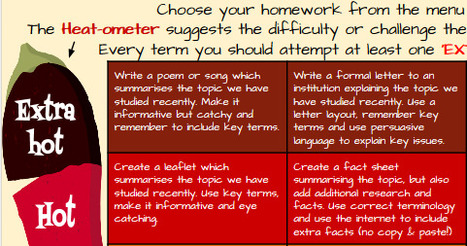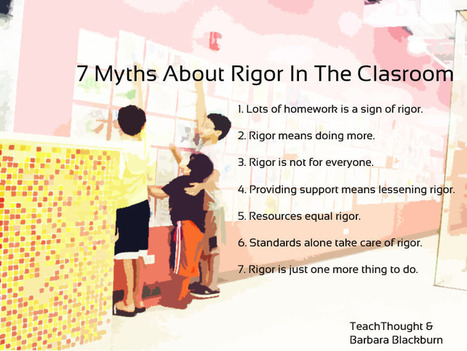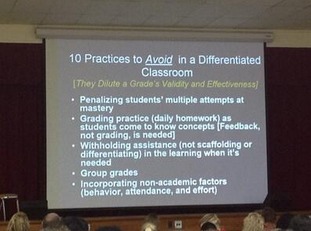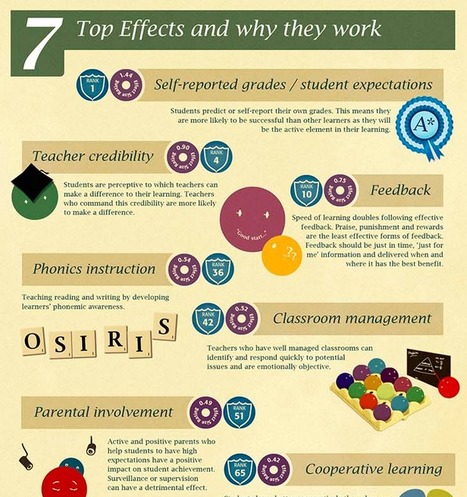Get Started for FREE
Sign up with Facebook Sign up with X
I don't have a Facebook or a X account
 Your new post is loading... Your new post is loading...
 Your new post is loading... Your new post is loading...
|
Isa Sanchez's curator insight,
May 13, 2014 11:36 AM
I think this video is a good resource because first it starts talking about homework cons, but then it starts giving solutions and ideas about overcoming the fear of doing homework. Also it isn't long and it is not boring so people that see it will learn in a fun way. Last but not least it will give you a lot of ideas and examples you can put in your persuasive essay.
Alejandro mejia's curator insight,
May 13, 2014 1:07 PM
This source is useful cause it gives a reason to make homework a better opportunity to like it. And in the way it gives a why take it out and to still keep it. It also has a lot of star statements. That's what makes it a convincing video.
David Mireles's curator insight,
May 15, 2014 8:28 AM
This video meets the standards set, it has apropiate language, it válida moverlo emocional words, it has proper grammar and spelling.
Nancy Jones's curator insight,
June 19, 2013 9:40 AM
Love this! 21st century learning isn't as much about technology as it is thinking .allowing choices and options like this not only allow students choices but the opportunity for deeper thinking. 
Laura Jane's curator insight,
December 16, 2013 12:17 AM
I stole this from Jamie, and couldn't agree more! What a great [and practical] resource to have as we go into the final semester of our internships. This chart is chock full of ideas for creating more authentic and less monotonous homework for students. It focuses on reinforcing, and not memorizing.
These strategies could work for all grade levels, to different extents. This again addresses the quality vs quantity debate. One of my favorite examples is to reinforce a skill that has been taught. It suggests that, instead of asking students to solve 10 word probelms to prove that they know a skill, to have them work in groups to solve, model, and present one deeper thinking word probelm.
This allows students to work in harmony to formulate their ideas, and is a more productive approach to learning. Although some cognitive struggle is good, too much leads to frustration and defeat. Allowing students to work together helps them to actively participate in student-centered learning, and they can better understand what they've learned. I will definitely be printing this chart to put in my lesson planning binder.

Joserra Mosteiro's curator insight,
June 12, 2015 2:32 PM
Flipped classroom value should be flipped books for publishers |






















Here is a great idea to provide differentiation in homework. The Heat-ometer provides four levels, from mild (not shown in the image above) to medium (also not shown) to hot and extra hot. each level is more complex than the previous level, and 3 options are provided for each level.
The designer of this image also provides links to the original design, which is located at Take Away Homework.